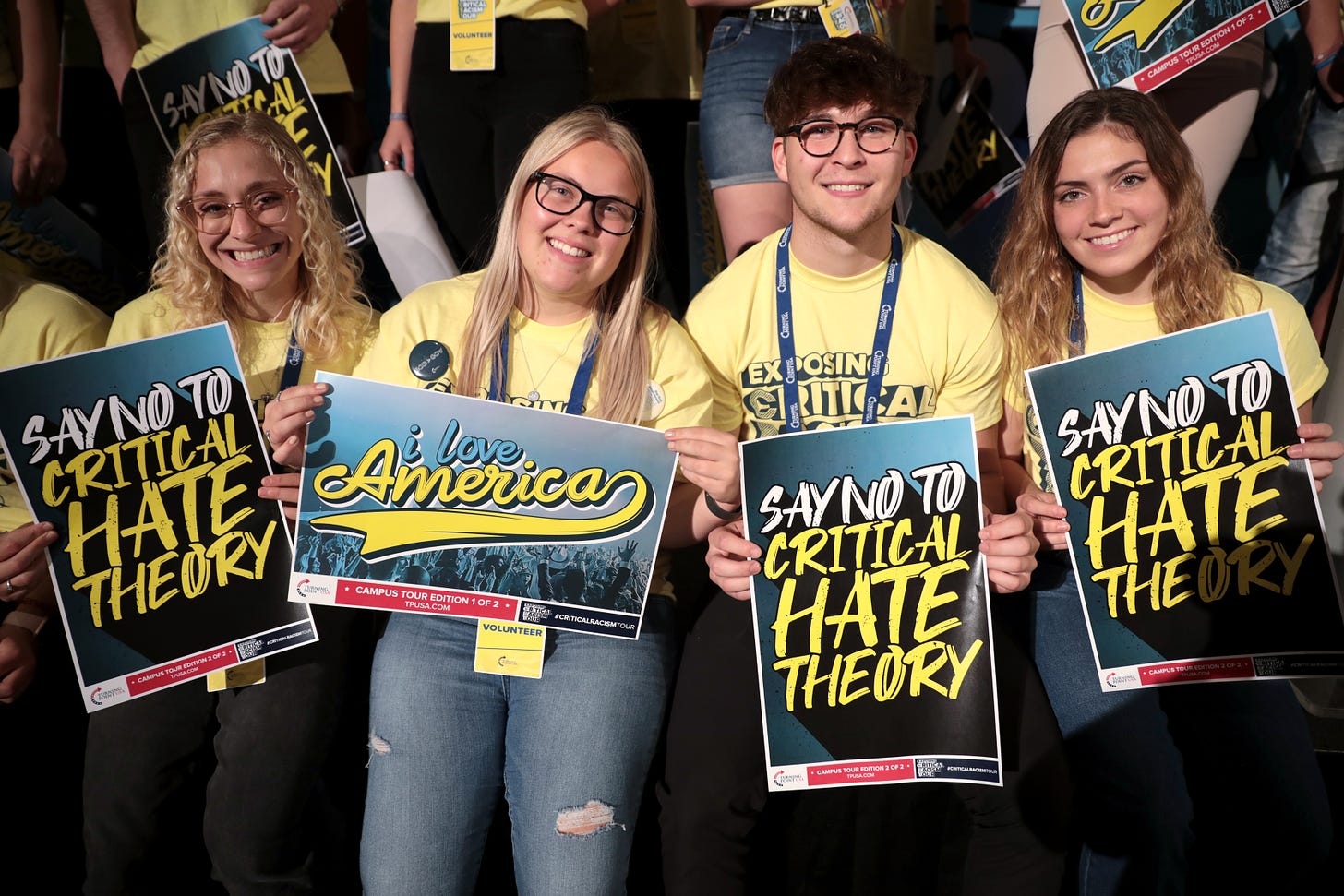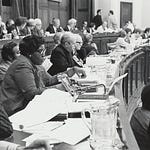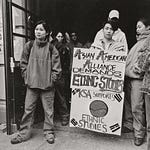
Politicians are trying to legislate what is taught in American public colleges and universities—and they want to enforce their own ideological preferences by firing faculty who disagree. It’s time to take the defense of academic freedom seriously.
As University of Nebraska English professor Julia Schleck explains in her book, "Dirty Knowledge: Academic Freedom in the Age of Neoliberalism" (University of Nebraska Press, 2022), academic freedom is the linchpin of excellence in higher education, and it relies on the protection of tenure. The erosion of both are one consequence of how higher education has been transformed by the market-based thinking—known as neoliberalism--that pervades 21st century institutions.
But tenure isn’t just threatened by politicians in Florida, Texas, and other states who want to take it away. It’s threatened by the vast number of contingent faculty who don’t have it and who, as a consequence, have no academic freedom. Three-quarters of the personnel teaching in American colleges and universities teach on short-term contracts. They are not, and will probably never be, eligible for tenure.
Although contingent faculty they have free speech they are not entitled to the core principle of academic freedom: judgement of their work by faculty peers—not administrators, politicians, or political appointees. Furthermore, as Schleck explains, academic freedom and free speech are too often conflated in the public mind. Whereas we are all entitled to free speech, except in the rarest of circumstances, only the principle of academic freedom protects professors—their research, their teaching, and their public utterances—from the powerful.
And why should anyone who isn’t a college professor care? Because, as Schleck argues, the Ivory Tower has always been a bad metaphor for what higher education is and does. Knowledge isn’t pure, or separate, from the society in which it exists, and scholars do the messy thinking that benefits everybody.
Program notes:
The opening clip is from a student walk-out and academic freedom protest against Florida Governor Ron DeSantis’s attacks on higher education, held at the University of South Florida on February 23, 2023. The speaker is marine biology professor Christina Richards: you can read her webpage here.
You can read WUSF reporter Bob Barrett’s story about the erosion of tenure at Florida’s public higher education institutions here.
If you would like to learn more about the University of Nebraska’s action against Dr. Courtney Lawton for her protests against the Turning Point USA table, you can go here; to learn more about Turning Point USA, go here.
The adjunct crisis in higher education has been building since the late 20th century, but has escalated dramatically since 2008, particularly in the humanities. If you want to know more, read Herb Childress, The Adjunct Underclass: How America’s Colleges Betrayed Their Faculty, Their Students, and Their Mission (University of Chicago, 2019).
Interested in learning more about academic freedom? Try this great book by Henry Reichman, Understanding Academic Freedom (Johns Hopkins University Press, 2021) that explains the concept and contemporary challenges to it.
A key concept in Julia’s thinking is university research and teaching as a “common good”: listeners who want to know more about this idea as a counter to market-based thinking may wish to read Robert Reich’s The Common Good (Knopf, 2018).
Claire and Julia discuss the controversy over University of Pennsylvania law professor Amy Wax; to learn more, you can go to this article in the New York Times and this one in the Philadelphia Tribune.
If you are interested in the relationship between higher education and society, and how neoliberalism shapes both, you can read Davarian Baldwin, In the Shadow of the Ivory Tower: How Universities Are Plundering Our Cities (Bold Type Books, 2021), and Kalwant Bhopal and Farzana Shain, eds. Neoliberalism and Education: Rearticulating Social Justice and Inclusion (Routledge, 2018).
Claire’s comment that older students are more likely to major in the humanities was drawn from Nathan Heller, “The Decline of the English Major,” The New Yorker (February 27, 2023).
You can download this podcast here or subscribe for free on Apple iTunes, Spotify, Google Podcasts, or Soundcloud. And if you liked this episode, please:













Share this post